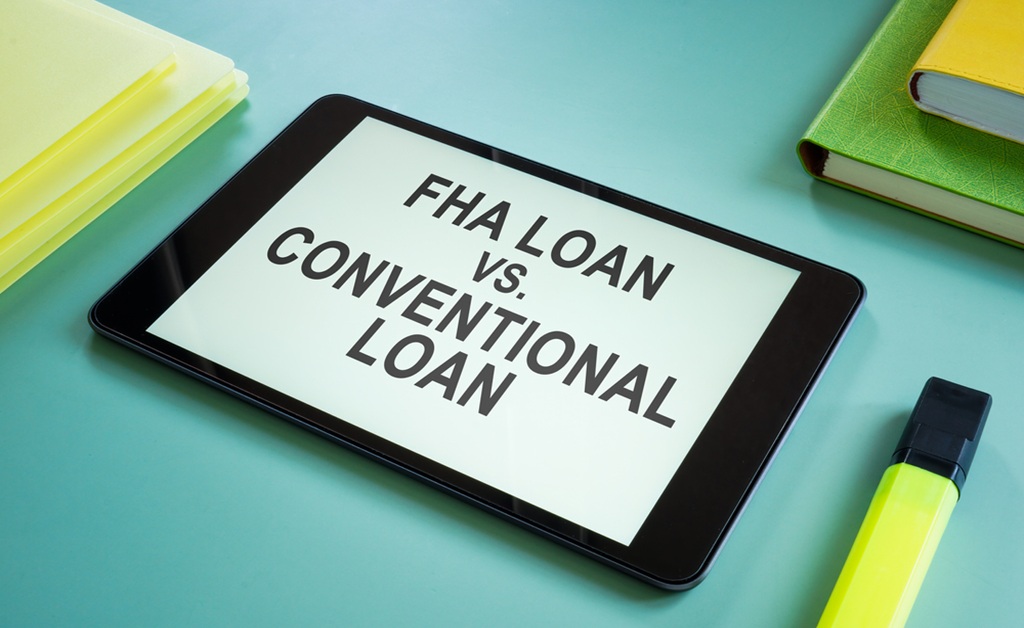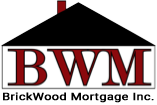Making a choice between mortgages is a stressful decision when one is set to acquire a first or a new residence. Two common formats that you might be offered are conventional loans and FHA loans that target different borrowers. Knowing a couple of the most significant differences between them enables you to make an intelligent decision that is suitable for both financial life as well as desire to become a homeowner.
Both loans will enable you to be a homeowner, yet they vary with different terms, advantages, alongside penalties that vary considerably with respect to payments per month and repayment fees.
What is FHA? What is Conventional?
Conventional mortgages are offered by private institutions such as banks and credit unions. They abide by guidelines from government-aided institutions Fannie Mae and Freddie Mac so that all lenders exhibit a unifying pattern of acceptance.
Where FHA loans are concerned, they’re insured by the Federal Housing Administration. This government guarantee makes it possible for banks to provide less stringent terms to borrowers who otherwise would be incapable of securing a standard mortgage, making it readily accessible to a larger range of people. This is one of the key factors in the difference between FHA and conventional loan options.
Comparing Eligible Criteria
Requirements for both forms of loans vary considerably, especially with credit score and job history.
Extensive financial histories are needed for standard loans. Preceding most is a creditworthy consumer with a stable job history, a low debt-income level, and a proven credit record. Underwriting is stricter with heavy emphasis on payback ability without guaranteeing protection from government insurance.
FHA mortgage products exist for a purpose—for borrowers who otherwise would be ineligible under normal mortgage guidelines. They permit a higher allowable debt compared to income and a freer policy toward previous financial mistakes, including previous bankruptcies or foreclosures, if sufficient time has elapsed.

Credit Rating and Down Payments
Minimum credit score requirement is one of the most distinguishing factors between both these loans.
Minimums for a typical mortgage range from a 620 score to a minimum of 700 for top rates. Down payments range from a minimum of 3% for a first-time mortgage customer to a minimum of 20% to avoid private mortgage insurance.
FHA mortgage loan lenders in SC can approve credit ratings as low as 580 with a 3.5% down payment mortgage, or even 500-579 with a 10% down mortgage. That makes FHA financing especially attractive to borrowers who recently lost credit or are recovering from past financial misdeeds.
Mortgage Insurance
Both mortgage options might demand mortgage insurance, while structure and fees vary greatly.
The traditional mortgage requires private mortgage insurance (PMI) if you put down less than 20%. The good news is that PMI falls off without any action from you when you reach 20% equity in a residence with payments or appreciation.
There are two types of mortgage insurance for FHA mortgages: an upfront premium and annual premiums. The upfront premium generally equates to 1.75% of the original mortgage value, while annual premiums vary according to your down payment along with original mortgage lifespan. Unlike with a typical PMI, FHA mortgage insurance potentially could be for a mortgage’s full lifespan.
Making a Decision
This is a decision that is made according to a borrower’s unique financial condition, credit record, and future intentions. When considering FHA vs conventional mortgage loans, the former remains a specialty for first-time borrowers or borrowers with harmed credit, while traditional loans become more suitable for borrowers with good credit who intend to steer clear of long-term mortgage insurance payments.
Talk to a broker to shop around for a deal that suits your needs. Qualification levels and rates vary between institutions. Qualifying for a good deal depends on factors that include your ability for a down payment, credit score, and duration of occupancy. Professionals will help you with the FHA vs conventional loan debate.
FHA vs conventional home loan – the best way to learn the best option for you is to speak to a broker who can consider all the variables and provide tailored advice.
